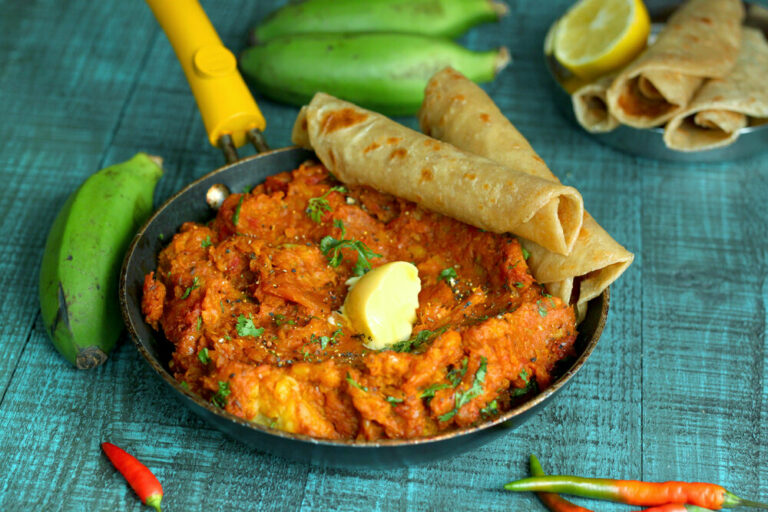Introduction: Ugandan cuisine
Ugandan cuisine is a reflection of the country’s diverse cultural heritage and its geography, with influences from neighboring countries like Kenya, Tanzania, and South Sudan. The food is predominantly made up of starchy foods such as cassava, sweet potatoes, plantains, and yams, which are often accompanied by sauces or stews made with vegetables, meat, or fish. Ugandan cuisine is known for its bold flavors and use of spices, which not only enhance the taste of the food but also have several health benefits.
Overview of seasoning and spices
Seasonings and spices are an integral part of Ugandan cuisine, and they are used to add flavor, aroma, and color to the food. While there are several spices used in Ugandan cooking, the most commonly used ones include salt, pepper, ginger, garlic, onion, and chilies. These basic spices form the foundation of most dishes and are often supplemented with a variety of herbs and spice blends.
Salt the basic seasoning
Salt is the most basic seasoning used in Ugandan cooking, and it is added to almost every dish. It is used to enhance the flavor of the food and bring out its natural taste. Ugandans typically use sea salt or rock salt, which is less processed and has a more complex flavor profile than table salt. However, excessive consumption of salt can lead to health issues such as high blood pressure, and therefore, it is important to use it in moderation.
Spices & herbs used in Ugandan cooking
Besides salt, Ugandan cuisine uses a variety of spices and herbs, including pepper, ginger, garlic, onion, and chilies. These spices not only add flavor to the food but also have several health benefits. For instance, garlic is known for its antibacterial and antifungal properties, ginger is a natural anti-inflammatory, and chilies are rich in vitamin C and antioxidants. Other herbs commonly used in Ugandan cooking include coriander, thyme, basil, and parsley.
Traditional spice blends & pastes
Ugandan cuisine also uses several traditional spice blends and pastes, which are made by grinding together a variety of spices and herbs. One such blend is the Ugandan curry powder, which typically includes coriander, cumin, turmeric, and fenugreek. Another popular spice blend is the sukaali, which is made by grinding together peanuts, sesame seeds, and sunflower seeds. Similarly, the kalo paste is made by pounding roasted cassava roots into a smooth paste, which is often used as a condiment.
Health benefits of spices in Ugandan cuisine
Apart from adding flavor to the food, the spices used in Ugandan cuisine also have several health benefits. For instance, ginger is a natural anti-inflammatory and can help with nausea and vomiting, garlic is known for its antibacterial and antifungal properties and can help boost the immune system, and chilies are rich in vitamin C and antioxidants, which can help prevent cancer and heart disease. Similarly, herbs such as coriander and thyme are known for their anti-inflammatory and antibacterial properties, while parsley is a good source of vitamin K and can help with bone health. By incorporating these spices and herbs into their diet, Ugandans can reap their health benefits while enjoying their delicious cuisine.

